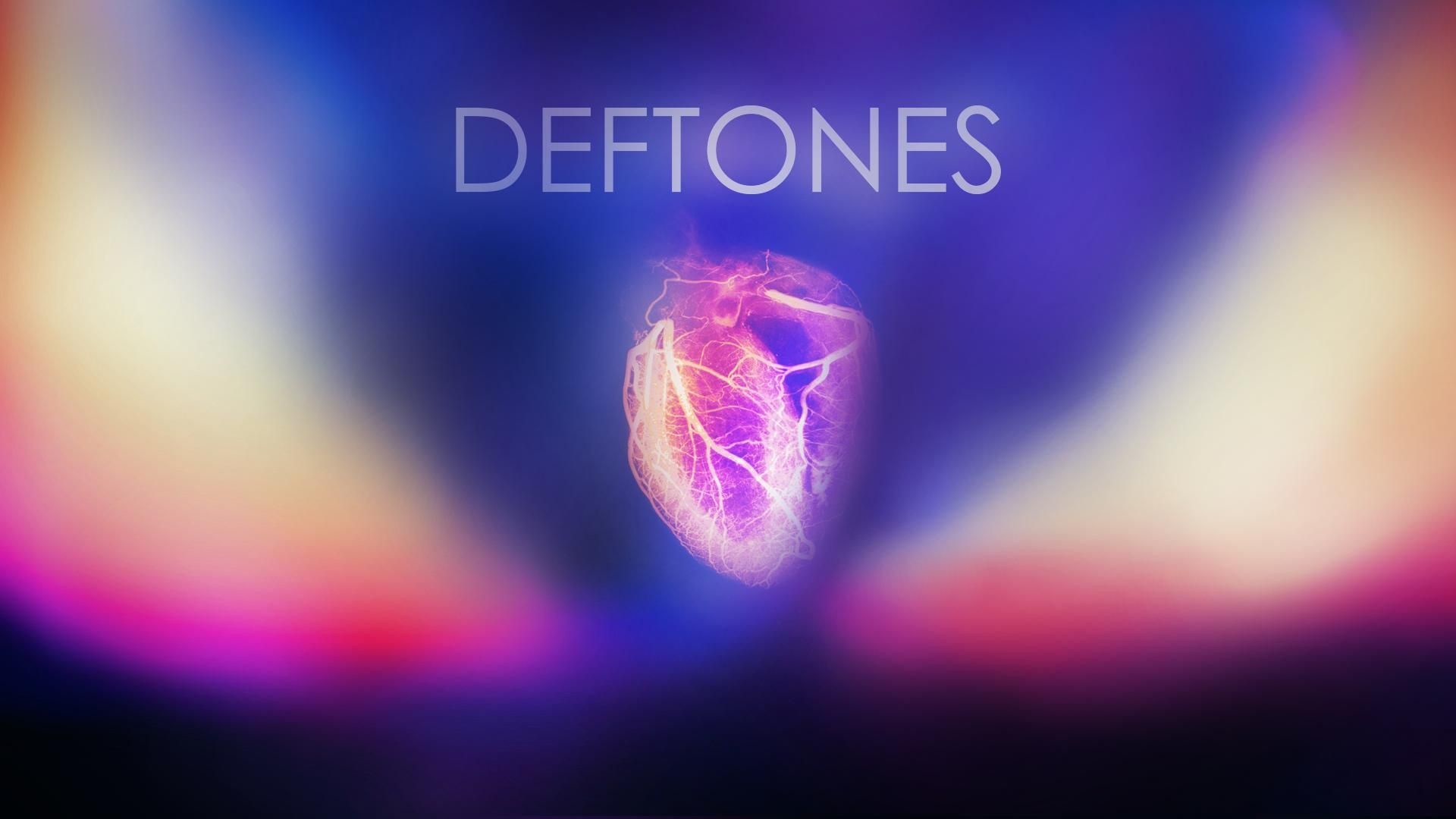

It begins with a jagged one-one riff played with disorienting power, gearing you up for a sustained assault.

The Deftones catalog is full of moments that illustrate this fundamental tension, but none satisfies in quite the same way as “Urantia,” the third song from their ninth album Ohms. But the push-pull between musical elements is real, and the reason why Deftones albums continue to feel exciting and alive while nearly every other band once labeled nu-metal now looks like self-parodic kitsch. Moreno and Carpenter’s personal relationship is surely more nuanced than that, and Moreno is clearly a metal fan, too. Moreno is the sonic experimenter and starry romantic, with a voice that sounds misty and ethereal even when it breaks into a scream-the man whose band gave a generation of angry young rock radio listeners their first exposure to the Cocteau Twins. Carpenter is the proudly unreconstructed metalhead, delivering slabs of distorted low end on 7- and 8-string guitars and publicly airing grievances about songs that aren’t heavy enough. For Deftones fans, the relationship between frontman Chino Moreno and guitarist Stephen Carpenter carries mythological importance: two opposing gravitational pulls that keep the band’s beautiful and bludgeoning music hovering precariously in between.


 0 kommentar(er)
0 kommentar(er)
